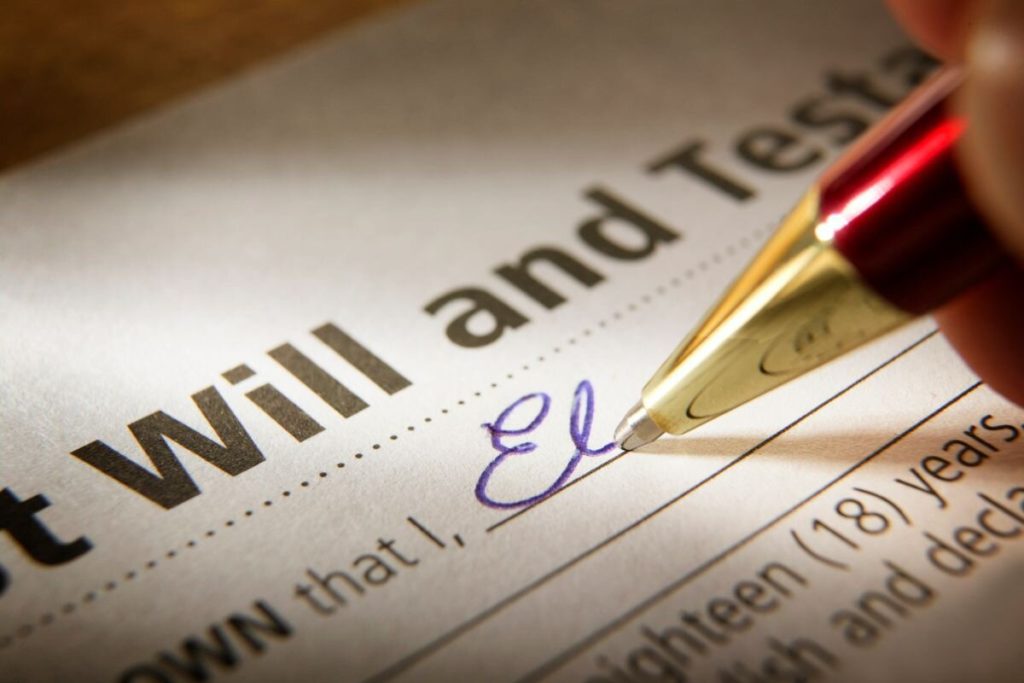There are times when our loved ones learn how we have decided to distribute property in our wills as part of our estate plan and are not happy about it. Most people just deal with it, though they may be hurt and even possibly nurse a grudge. Some take it out on the people they perceive our wills to have favored. And then there are those who decide to fight the will in court, and even decide to claim that we did not have the ability to make a proper will, which is the only thing they feel can have resulted in the outcome they decry as unfair.
Contesting a Will
Fighting a will in court is called “contesting” a will, and it can be done on a number of bases. Those who contest can claim they are doing so because of:
· Forgery. Clearly someone else crafted this will and played it off as that of their deceased loved one.
· Misrepresentation. There was lying afoot.
· Undue influence. Somebody manipulated the will-writer (a.k.a. the “testator”) into divvying their property this way.
· Duress. Even further: someone threatened the testator with physical harm or some other coercive action.
· Breach of fiduciary duty. Someone trusted to do things in the testator’s interest instead chose to benefit themselves via the will.
· Failure to comply with statutory requirements. This is probably the most solid basis on which to contest a will, and certainly the easiest to prove.
· Incapacity. The testator lacked the mental wherewithal to make a reasonable will.
This last basis for contestation, incapacity to make a will, is one of the more difficult of these bases for contestation to prove. But it is nonetheless true that a will-writer must possess the capacity to execute a proper will. The criteria by which testamentary capacity is judged in the state of Virginia are that, at the time the will was made, the testator:
· Did not know the nature and amount of the assets they owned;
· Could not identify members of their family;
· Could not understand what effect the will would have with regard to what they owned and who they wanted to leave them to.
These criteria require proof, and that sort of proof is difficult to produce—particularly if these things were not true (and chances are, if you’re reading this post, they are not true for you now). What is more, in Virginia, a will contest cannot be brought until after your death, making it even more challenging to prove a testator’s capacity when they made the will. Still, from time to time someone pulls it off.
Nonetheless, if you suspect one of your loved ones may try to engage in some sort of stunt, you should make your will now while you know you have capacity.
Let Us Help You Draft a Will
If you (or an elderly loved one) want to forge a strong will that will be resistant to such claims, think about coming to one of Promise Law’s free estate planning workshops. These workshops provide a great foundation of information that everyone needs to be able to make good estate planning decisions. Moreover, if you attend a workshop you also get a complimentary one-on-one consultation with one of our attorneys.




